Witnessing dazzling exhibitions, heated negotiations on business cooperation as well as the signing of orders, the China International Import Expo (CIIE) wrapped up its fourth edition here on Wednesday.
The unstoppable popularity of the CIIE amid the still ravaging COVID-19 pandemic has once again demonstrated the world countries' confidence in China's high-level opening-up, their passion for sharing China's development opportunities and common expectation for building an open world economy.
COMMITMENTS TO HIGH-LEVEL OPENING-UP
The expo has drawn nearly 3,000 businesses from 127 countries and regions. LEGO toys, new-flavored chocolates, autonomous cleaning robots, baby snowboards as well as many other new products of well-known brands have made their debut at the expo.
As low-carbon and green development has become a global trend, cutting-edge products such as zero-emission racing cars and plastic bottle recycling machines also wowed the crowds.
Clearly, the CIIE has brought to the world fancy products but also avant-garde concepts of consumption as well as innovative ideas.
Over 80 percent of the world's top 500 companies and industry leaders who participated in the previous expos are here this year. The total exhibition area for businesses has expanded to 366,000 square meters.
Behind these statistics are the tangible legacy of the CIIE that has benefited enterprises from all over the world, which has in turn boosted their confidence in China's commitment to further open up.
He Zhiyun, chairman of the China Council for the Promotion of International Trade in New Zealand, said the CIIE has witnessed China's determination to further expand its high-level opening-up and also has demonstrated the country's capability to achieve that goal.
FAITH IN SHARING OPPORTUNITIES WITH WORLD
In the huge yet crowded exhibition hall at the CIIE, a Baymax-looking coffee-making robot swiftly moving its metallic arms at the national pavilion of Timor Leste was quite eye-catching. What was more attractive was the fragrance of the coffee.
Timor Leste is well-known for its Kopi Luwak. The country has been an active participant in the CIIE since 2018. Over the past four years, the event has helped raise the profile of its Kopi Luwak in China. Since last year's Expo, Kopi Luwak, as well as other types of specialty coffee from Timor Leste, won orders worth 5 million U.S. dollars.
China has been encouraging and assisting the least developed countries to join the CIIE. The exhibiting area of Timor Leste has been expanded from a lonely shelf to two standard booths spanning a total of 18 square meters and is free of site fees.
This is a preferential policy that applies to all national pavilions of the least developed countries. According to the CIIE Bureau, 90 companies from 33 such countries are participating in this year's Expo.
The CIIE has helped these companies skip intermediate links and deliver their products directly to the Chinese market, which exemplifies that China is willing to share its development opportunities with other countries. Sharing is the very spirit upheld by China in working with the rest of the world.
In the Food and Agricultural Products section, a board at the national pavilion of Serbia reads "sharing our best with China." Sasa Jeremic, vice consul of the Consulate General of the Republic of Serbia, told Xinhua that "we want to share our best products with Chinese consumers."
COMMON WILL TO BUILD AN OPEN WORLD ECONOMY
Zhang Xiangchen, deputy director-general of the World Trade Organization, said the CIIE has become an international public good, playing a positive role in promoting international trade and trade policy exchanges.
At this year's CIIE, countries along the Belt and Road have also taken advantage of this platform to display their products and expand business. Among the nearly 3,000 enterprises attending the event, over 600 companies are from 50 countries along the Belt and Road.
The national pavilion of Sri Lanka was crowded with Chinese buyers who fancy the south Asian country's signature Ceylon tea.
"Apart from tea, we have also brought here Sri Lankan spices, coconut oil, biscuits, chocolates and the kithul jaggery, something I don't think that most Chinese people have tasted before," said Kavisha Lokuhitige, secretary-general of the China-Sri Lanka Association for Trade and Economic Cooperation.
The China-proposed Belt and Road Initiative (BRI) has grown into the world's largest international cooperation platform, with 141 countries and 32 international organizations having signed relevant cooperation documents with China.
Data show that China's accumulated trade volume in goods with BRI countries reached 9.2 trillion dollars between 2013 and 2020.
For Ta Ngoc Hung, chief executive officer (CEO) at the Vietnamese agricultural manufacturer and exporter Vinapro, the CIIE is a precious opportunity for global manufacturers and exporters.
"Thanks to the expo, we can both maintain our relationship with old customers in China and find many potential ones regardless of COVID-19 restrictions," Hung said.
According to the CEO, the business opportunities brought by CIIE are even more precious given the current context of the COVID-19 pandemic, which has hindered trade activities across the world.
"It embodies China's willingness to open to the world in the role of an active promoter of international trade cooperation," Hung said, adding that "as a foreign exporter, we really appreciate the precious opportunities, especially during pandemic time, and will take part in CIIE annually."








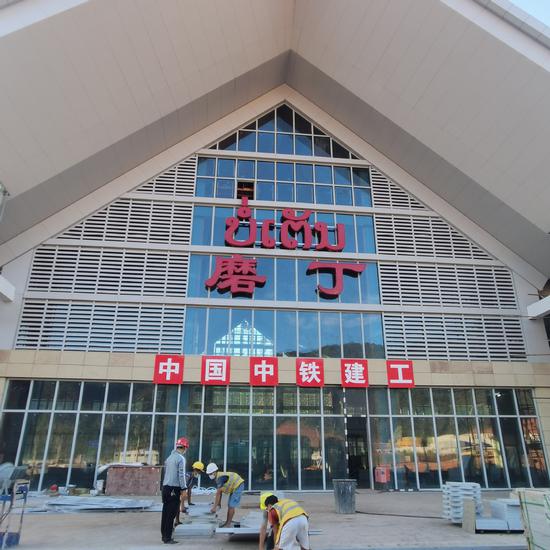
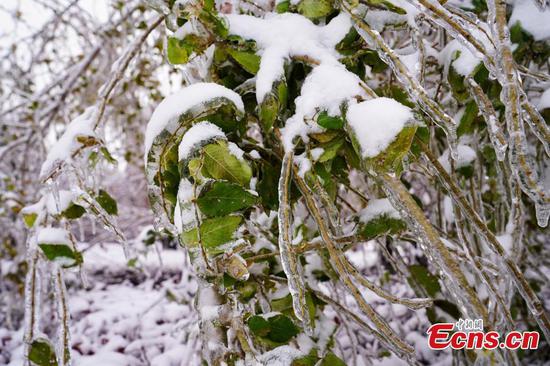
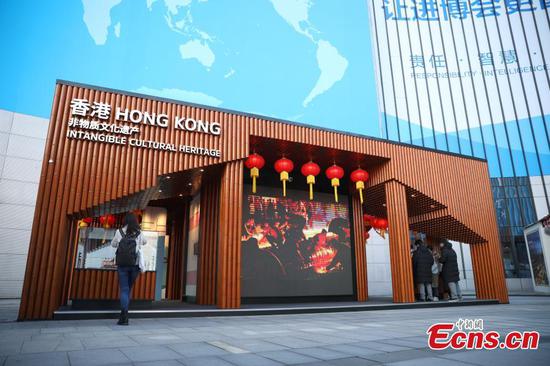
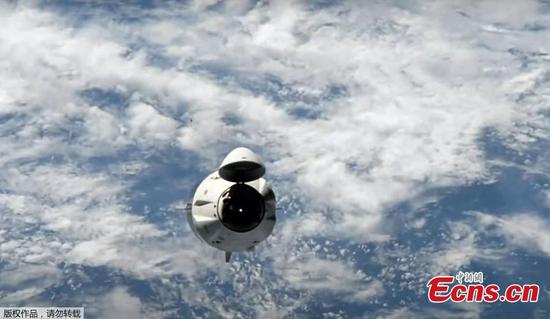
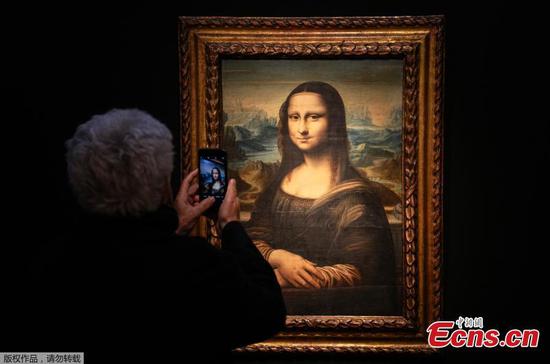
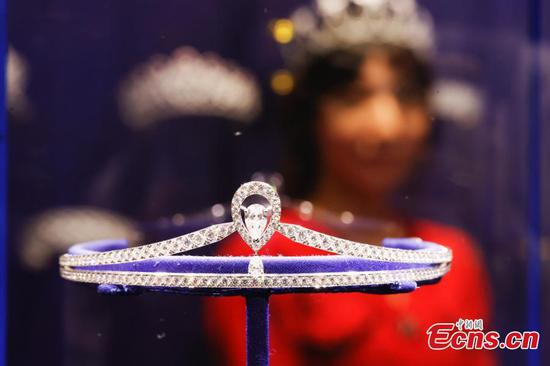
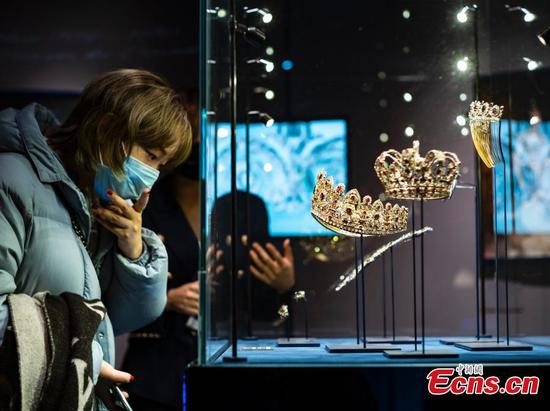
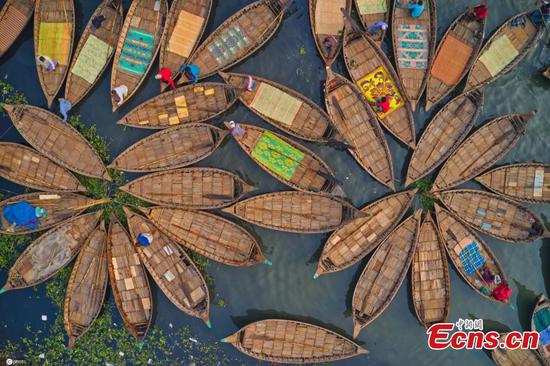
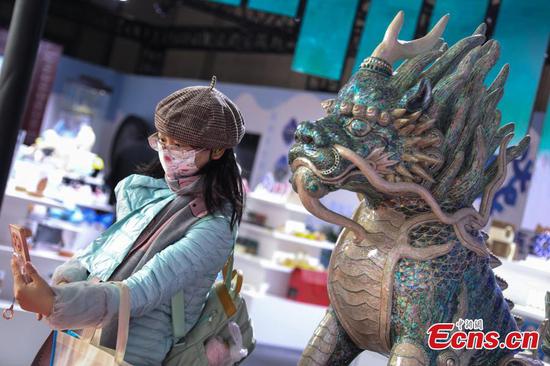
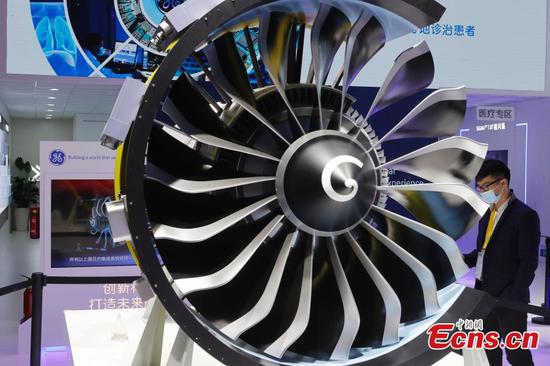
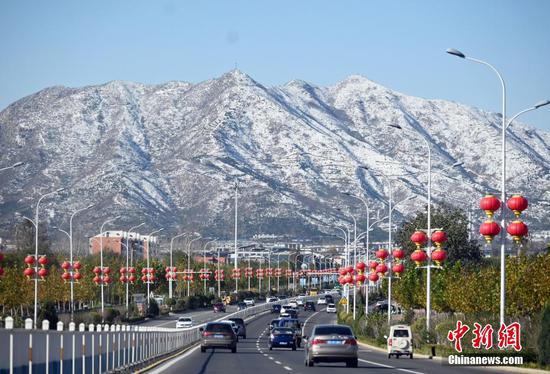
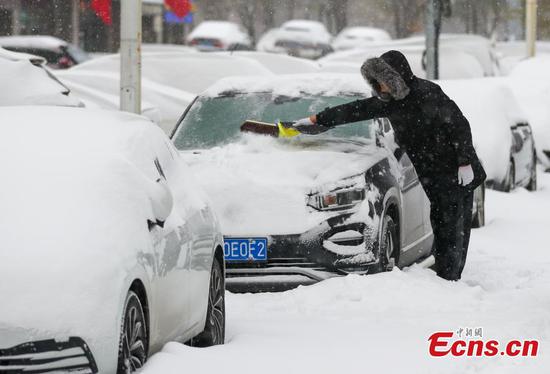

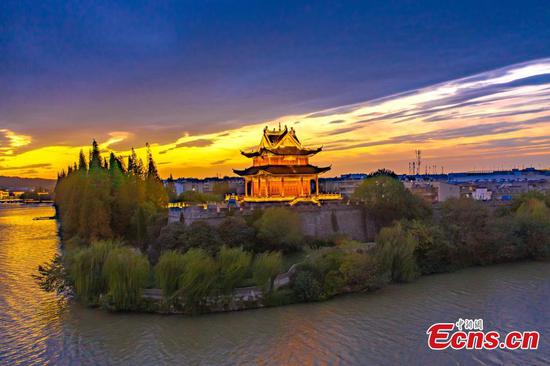

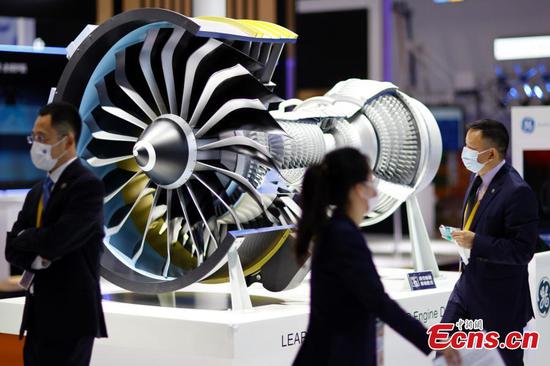


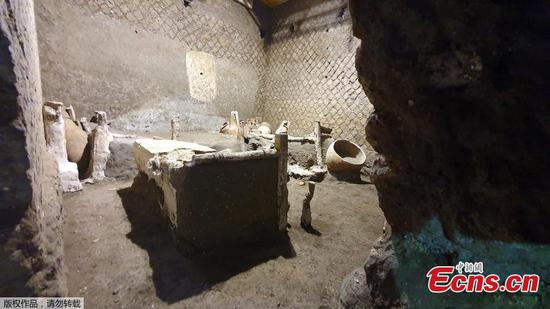
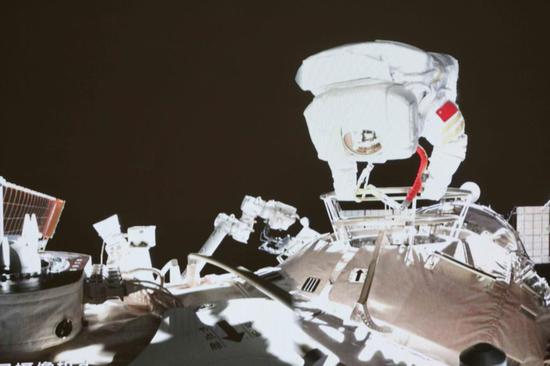
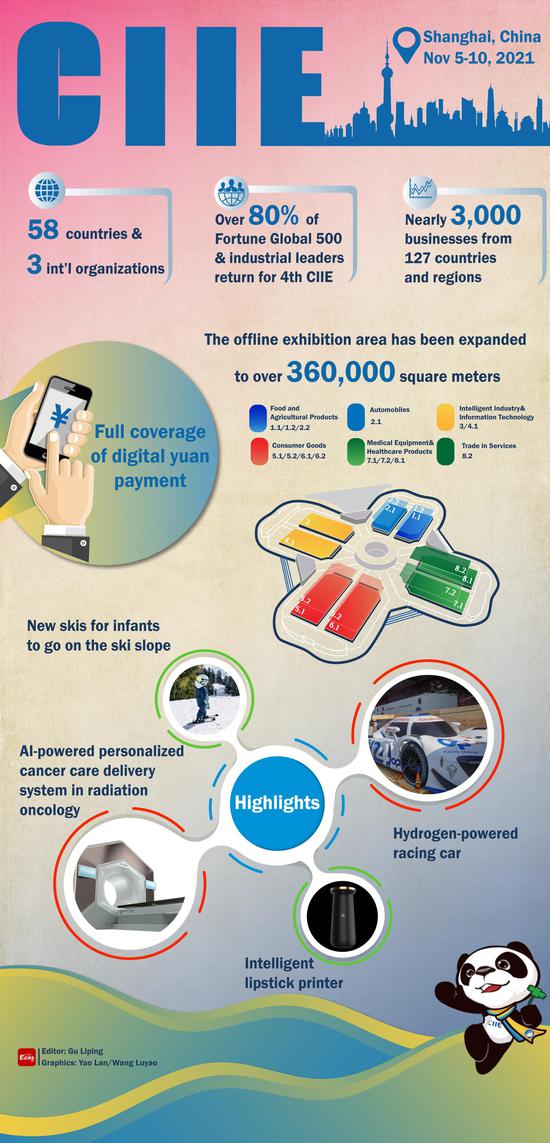
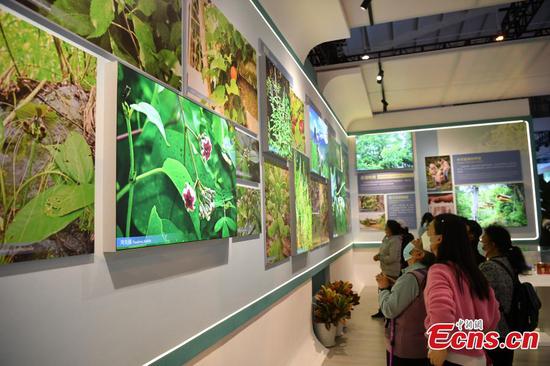
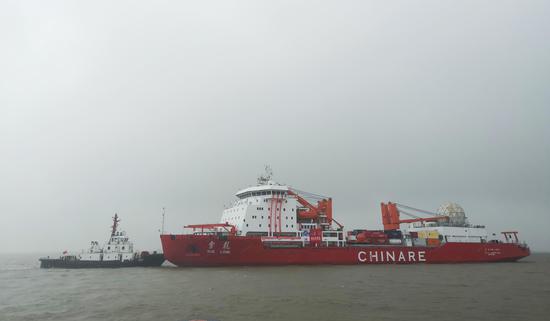
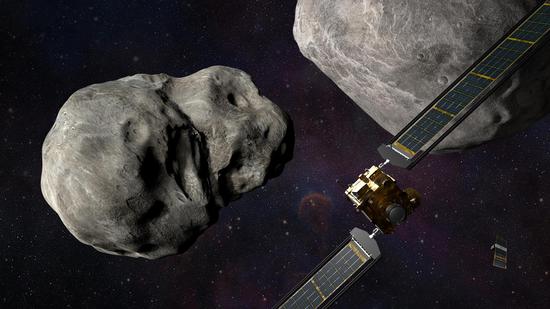
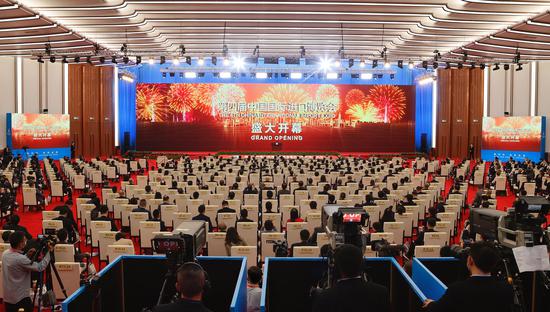
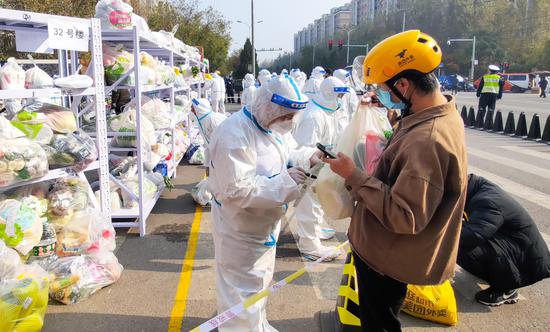
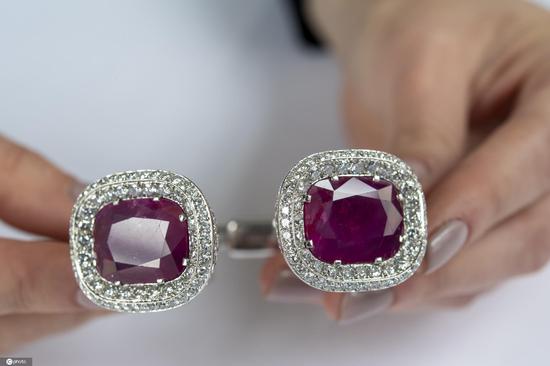
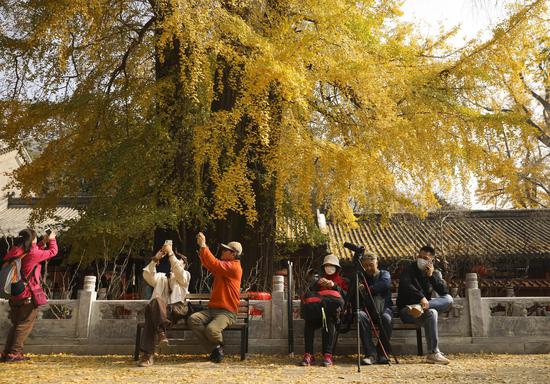
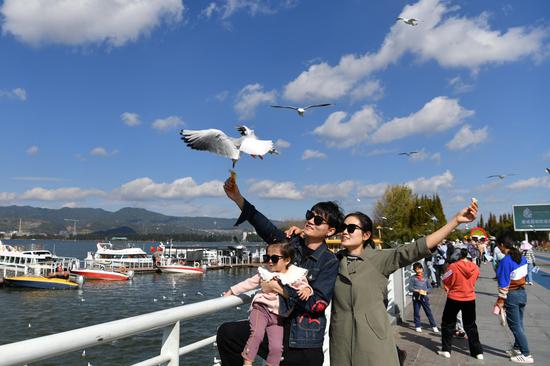
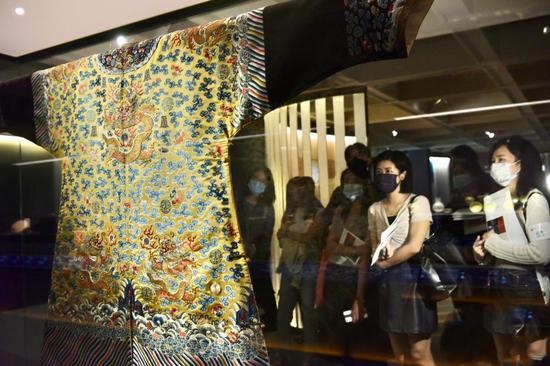
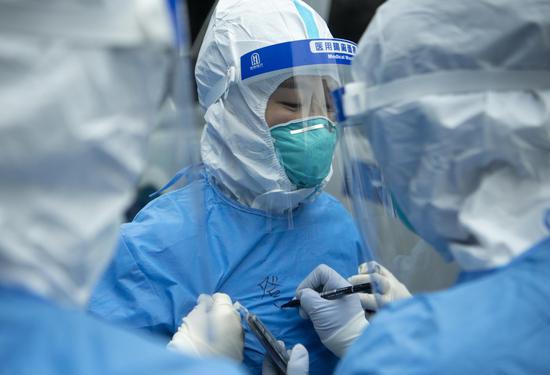
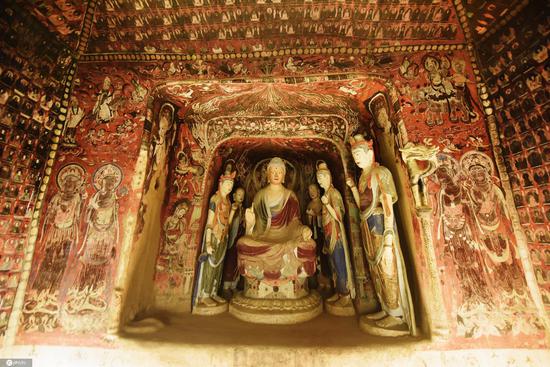
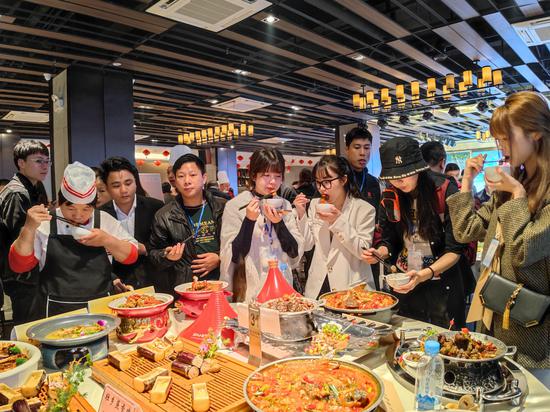
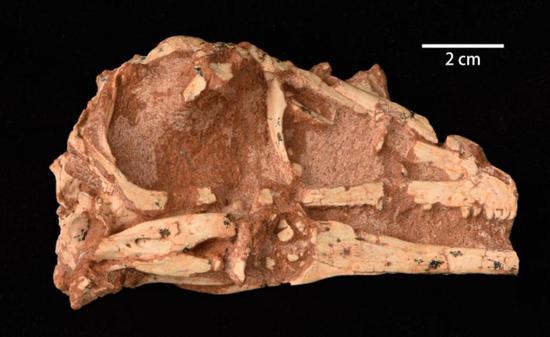
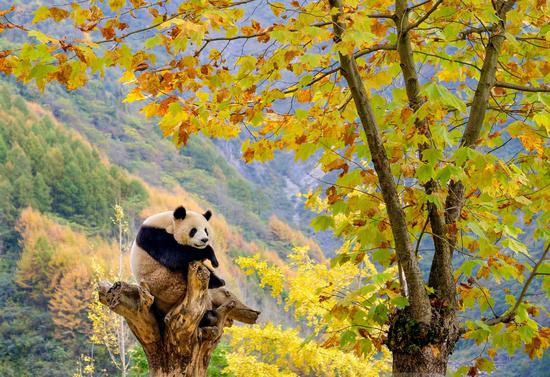
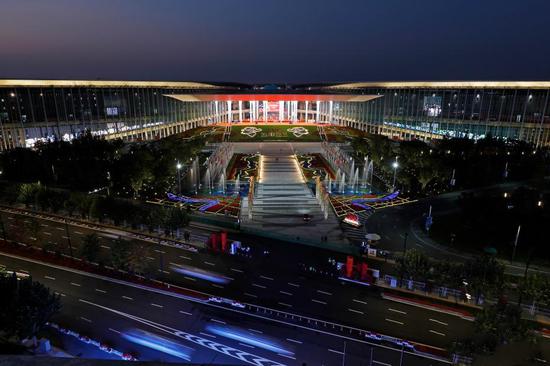






 京公网安备 11010202009201号
京公网安备 11010202009201号